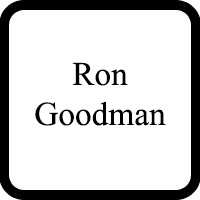 Scott Foreclosure Lawyers, Arkansas
Scott Foreclosure Lawyers, Arkansas
Not enough matches for Scott Foreclosure lawyer.
Below are all Scott Real Estate lawyers.
Sponsored Lawyers
1-10 of 40 matches
650 S. Shackleford Rd
Little Rock, AR 72211
Estate, Real Estate, Wills & Probate
Ron Goodman is a practicing lawyer in the state of Arkansas. Attorney Goodman received his J.D. from the University of Arkansas in 1982.
(more)
Eminent Domain, Construction, Corporate, Land Use & Zoning
Banking & Finance, Construction, Corporate, Land Use & Zoning
Pharmaceutical Product, Medical Malpractice, Professional Malpractice, Premises Liability
Accident & Injury, Health Care, Environmental Law, Industry Specialties, Construction
Construction, Child Support, Adoption, Constitutional Law, Estate





